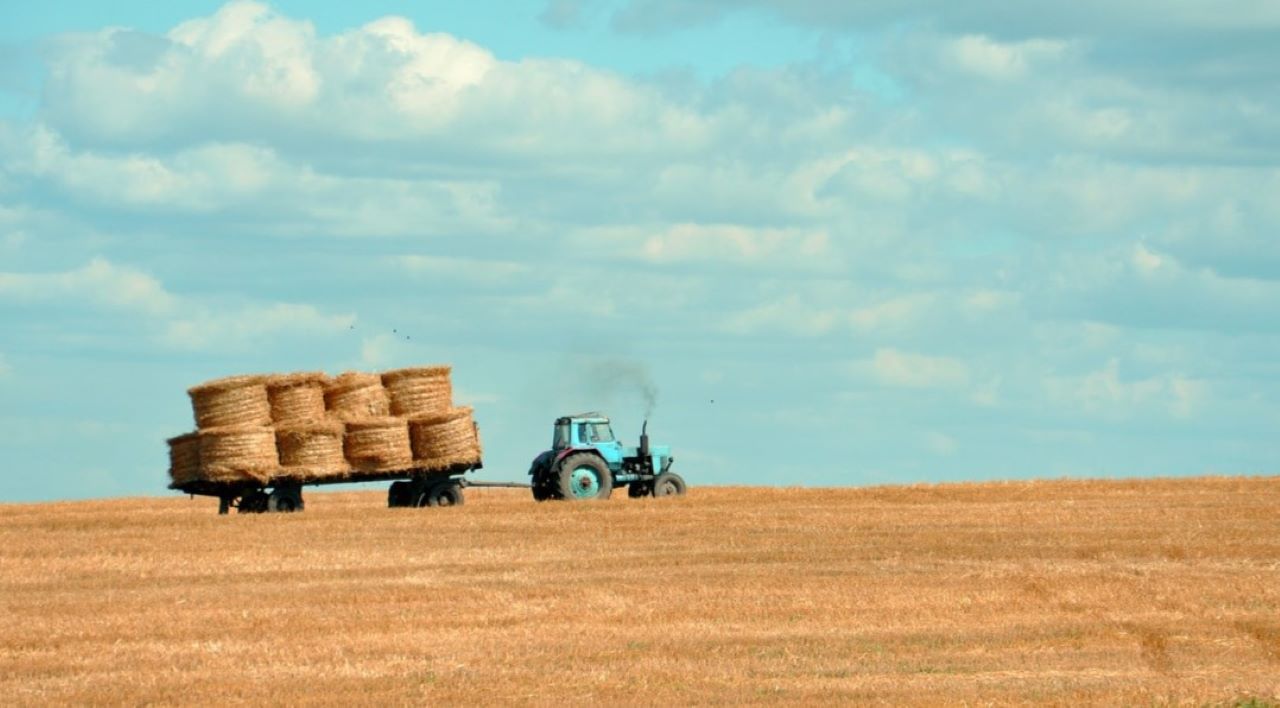MADISON — Under state law, Wisconsin farmland is supposed to be assessed based on the value of what it can produce, but state administrative rules instead have resulted in these parcels being taxed at roughly one-quarter of the value of what they can produce through farming.
A new report from the Wisconsin Policy Forum found the way farmers’ property tax bills are assessed is lower than if they were based on income alone.
While beneficial to owners of farmland and perhaps justifiable in some respects, the state’s current approach also affects other property owners who make up the difference through their tax assessments.
According to the report, an acre of Wisconsin cropland had a market value of $6,710 in 2023, according to the U.S. Department of Agriculture. An acre of pasture was valued at $3,150.
Meanwhile, the state Department of Revenue (DOR) calculated the average value of cropland at $933 an acre for 2023 based on the income that farmers earn from growing corn.
That calculation would result in an average assessment that is 86.1% less than the market value, a substantial tax benefit already.
Using the same method, DOR estimated the productive value of pasture land at $280 per acre, about 91.1% below market value.
But under the DOR’s final assessment method, however, an acre of cropland was valued at $242, 96.4% less than the market rate. Pasture land was valued at $73 per acre, or nearly 98% less.


